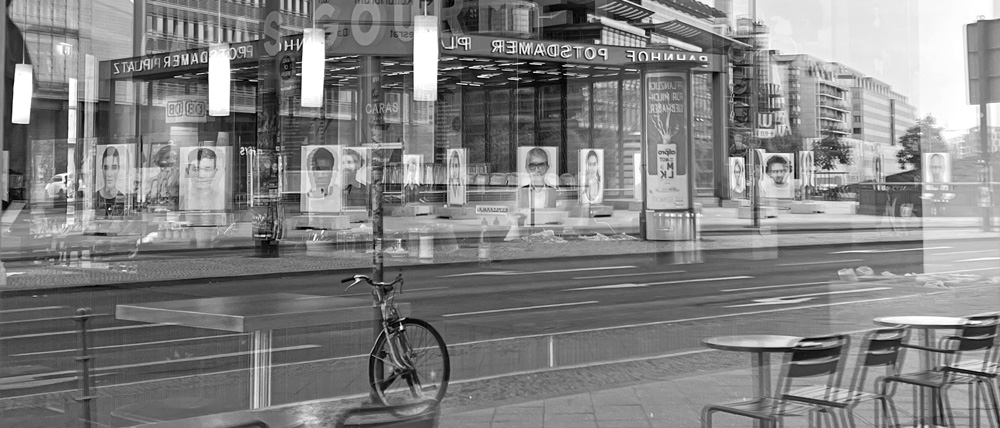Witness Representation
Every witness has the right to call in a lawyer as witness counsel to advise him or her and to assist him or her during the examination of the witness before the police, the public prosecutor's office, the court or before a parliamentary investigating committee. In 1974, the Federal Constitutional Court still had to derive the right to a witness assistant from the constitution (BVerfGE 38, 105). In 2009, the legislature expressly regulated it in § 68 b (1) of the Code of Criminal Procedure. According to section 68 b (2) of the Code of Criminal Procedure, a witness is even entitled to the assistance of a lawyer as witness counsel under certain conditions.
Risk: Criminal liability of untrue statements by the witness
It may be self-evident that an intentional false statement in court is punishable (§ 154 StGB). However, negligent false testimony and the negligent submission of a false affidavit are also punishable (section 163 StGB).
Risk: danger of self-incrimination of the witness
Anyone who knows something is close to the subject of the questioning, often too close. The Code of Criminal Procedure does not grant the witness a comprehensive right to refuse to testify if there is a risk of self-incrimination, but in section 55 of the Code of Criminal Procedure only the right to refuse to answer such questions, the answering of which could expose him (or a relative) to the risk of prosecution for a criminal offence or misdemeanour. Which questions these are and whether the right to refuse information covers the entire conceivable questioning about a fact of life cannot be assessed with certainty by a legal layman, even more so in the stressful situation of being a witness.
Right of the witness to advice and guidance at every stage of the proceedings
Every witness has the right under section 68 b (1) of the Code of Criminal Procedure to call in a witness counsellor to advise him or her and accompany him or her during questioning at every stage of criminal proceedings. It applies to judicial, prosecutorial and police interrogations. Particularly in the area of white-collar crime, very complex facts often have to be recorded and legally assessed. Outside of criminal proceedings, the right to witness assistance also exists. Examples are the examination of witnesses by civil courts or by parliamentary committees of enquiry.
Presence of witness assistance is effective
The witness assistance has the right to be present during the examination of the witness (§ 68 b par. 1 Code of Criminal Procedure). Experience shows that the mere presence of a lawyer as witness counsel leads to the interrogators respecting the rights of the witness and refraining from gross unfairness.
Rights of the Witness Advisor
The lawyer assisting the witness may - like the witness himself - object to inadmissible questions, such as questions that unnecessarily embarrass the witness (§ 68 a Code of Criminal Procedure). He may object to leading questions and insist on a clear questioning that is understandable for the witness. In appropriate cases, he may demand that the witness be given the opportunity to present a coherent witness report before being questioned in detail. He may request that the public be excluded if facts from the highly personal sphere of the witness (section 171 b GVG) or business or trade secrets of the witness (section 172 GVG) are discussed.
Right of the witness counsel to inspect files
Whether the lawyer as witness counsel has a right to inspect files is controversial. Recent case law does not grant it. Correctly, the right to inspect files must exist insofar as the lawyer needs knowledge of the files in order to be able to fulfil his duty to advise the witness, in particular to advise the witness on the right to refuse information under section 55 SPO. This applies in particular in more extensive proceedings from white-collar criminal law.
Our expertise
The lawyers at FS-PP Berlin are familiar with the task of providing legal assistance to witnesses. This applies to advice in the run-up to the actual testimony. This applies to the procurement of information on the subject matter of the proceedings through file inspection to preliminary discussions with parties to the proceedings. Finally, this applies to accompanying the witness during his or her examination as a witness and asserting the rights and protection of the witness there. The specialised lawyers of the partnership, which is familiar with complex issues from the entire field of white-collar crime law, provide assistance to witnesses who have received a summons to appear before the police, the public prosecutor's office, the court or a parliamentary investigative committee.
Contact
